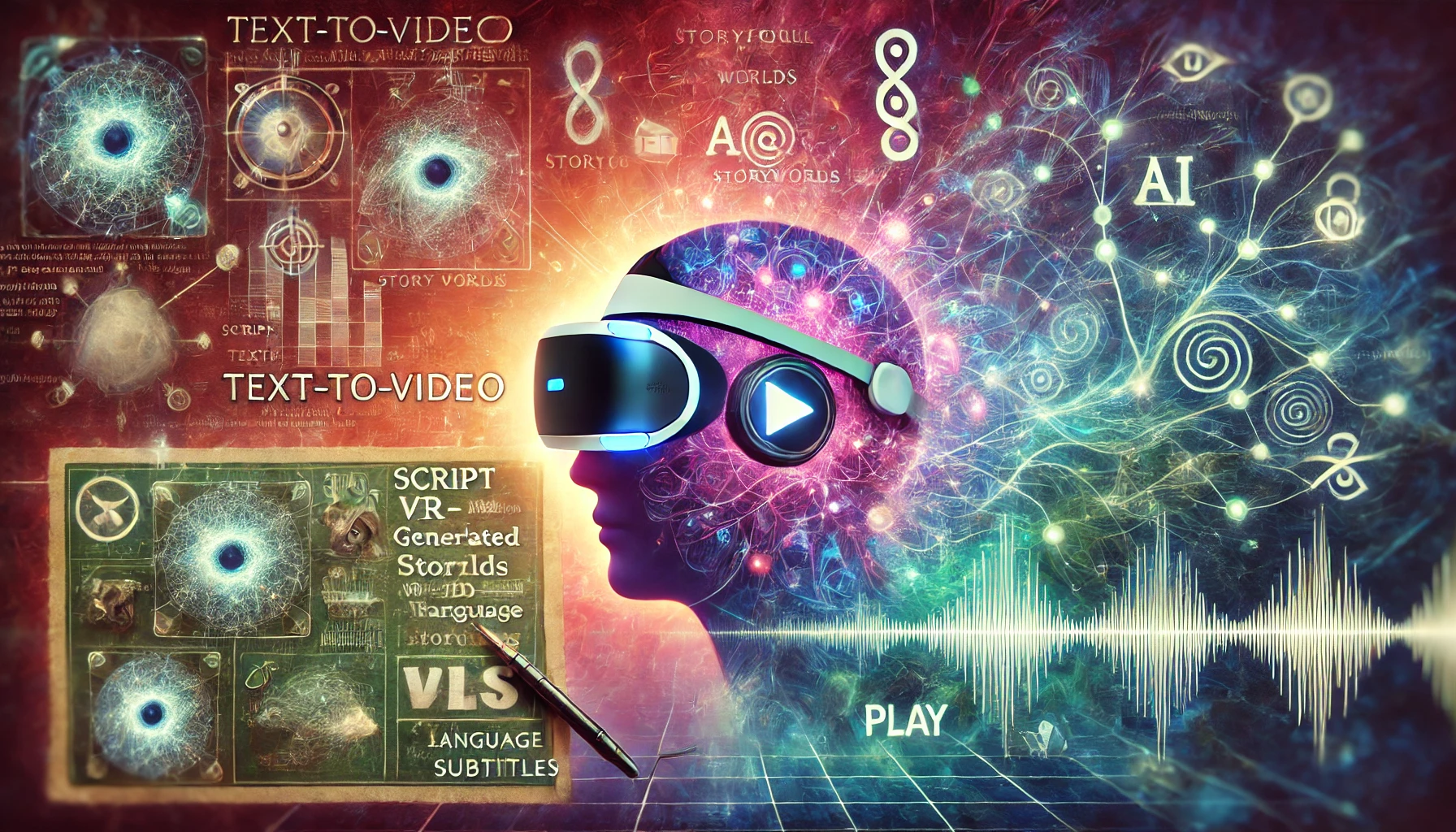
Coding started with punch cards and room-sized computers. Today, developers use intuitive tools like Visual Studio Code. Now, AI is pushing this evolution further—think of it as a smart assistant for programmers.
AI tools like GitHub Copilot don’t replace developers—they collaborate. Imagine typing a few words, and AI suggests a full function or flags a bug. This shifts a developer’s role from writing every line to guiding AI and solving bigger challenges.
Why Does It Matters?
-
Speed: Automate repetitive tasks (e.g., formatting code).
-
Accessibility: AI helps beginners learn faster and non-developers build simple apps.
But What About Jobs? AI won’t replace humans—it’ll change how we work. Just like calculators didn’t erase mathematicians, AI lets developers focus on creativity, not grunt work.
The future is humans plus AI, not humans vs. AI. This isn’t science fiction—it’s happening now. Ready to adapt?
How AI Tools Are Changing Coding: A Beginner’s Guide
AI-powered tools like GitHub Copilot and Tabnine act like smart assistants for coding. As you type, they suggest code snippets or even full functions in real time.
For example, if you start writing a Python function to calculate sales tax, the AI might automatically fill in the rest, saving you time. These tools learn from millions of existing code examples, so they adapt to different programming styles and languages.
Why it matters:
-
Reduces repetitive typing.
-
Helps beginners learn syntax faster.
-
Speeds up tasks like writing loops or API calls.
Debugging & Error Detection
Tools like DeepCode and AI-powered linters don’t just spot typos—they find hidden bugs and security risks. Traditional debugging requires manually checking code line by line.
AI, however, scans your code instantly and flags issues like unused variables or insecure passwords. Some tools even suggest fixes, like a spellchecker for programming.
AI vs. Old Methods:
-
Traditional: Time-consuming, error-prone.
-
AI-Driven: Proactive, fast, and precise.
Natural Language-to-Code Conversion
Imagine telling your computer, “Build a web scraper for news headlines,” and it writes the code for you. Tools like OpenAI’s Codex turn plain English instructions into working code.
This is especially helpful for non-developers or quick prototypes. For instance, a voice command could generate a Python script to extract data from a website.
How It Works:
-
Trained on massive code databases.
-
Understands context (e.g., “button” becomes a clickable element in HTML).
Impact on Work:
-
Cuts development time by 30-50% (per user surveys).
-
Lets developers focus on creative problem-solving instead of routine tasks.
These tools aren’t replacing developers—they’re making coding faster, safer, and more accessible. Think of them as collaborators, not replacements.
How AI is Transforming Developer Workflows: Faster Coding, Smarter Collaboration
Case Study 1: Startup Slashes Development Time with AI
Replit, a coding platform, used its AI tool Ghostwriter to help developers write code 40% faster. For example, when building a chat app, the AI suggested ready-to-use code for user authentication, saving hours of manual work.
This let the team focus on unique features like custom emojis instead of repetitive setup.
Case Study 2: Open-Source Teams Collaborate Smarter
Open-source projects like Mozilla’s AI Code Reviewer use AI to spot bugs and suggest improvements in pull requests.
Contributors from around the world can collaborate seamlessly, with AI flagging errors (e.g., “This loop might crash on large files”) before human reviewers even check the code.
Key Shifts in How Developers Work
-
From writing to refining: Developers now review and tweak AI-generated code instead of starting from scratch.
-
Creativity over boilerplate: AI handles repetitive tasks (like database setup), freeing developers to design better user interfaces or optimize app performance.
Data Points Proving Impact:
-
Teams using AI tools report 50% less time spent debugging (survey by GitLab, 2023).
-
Code quality improves by 30% when AI suggests fixes for security flaws (study by MIT, 2022).
AI isn’t just a tool—it’s reshaping workflows. Developers spend less time on tedious tasks and more time solving complex problems or brainstorming ideas.
Think of AI as a teammate that handles the grunt work, letting humans do what they do best: innovate.
The Limits of AI in Coding: Why Humans Still Matter
AI tools can write code, but relying on them too much has downsides. For example, if a developer uses AI to build a login system without understanding how it works, they might miss critical security flaws.
Like using a recipe without knowing how ingredients interact—it might taste good, but you can’t fix it if something goes wrong.
Bias and Errors in AI Outputs
AI learns from existing code, which isn’t always perfect. If the code it’s trained on has bugs or outdated practices, the AI copies those mistakes.
Imagine training a robot to cook using only burnt cookies—it’ll think that’s how cookies should look! This can lead to insecure apps or inefficient code.
Ethical Gray Areas
Who owns code written by AI? If an AI generates a script, is it the developer’s property, the company’s, or the AI creator’s? Licensing disputes are already happening, like when AI replicates open-source code without proper credit.
Counterarguments: AI Doesn’t Replace Skills—It Shifts Them
Critics say AI “deskills” developers, but it actually changes what skills matter. Instead of memorizing syntax, developers now focus on designing systems, fixing AI mistakes, or auditing code for biases.
Think of AI as a power tool—it doesn’t replace a carpenter but lets them build faster and smarter.
Key Takeaways:
-
Risks: Blind trust in AI can hide knowledge gaps.
-
Bias: Flawed training data = flawed code.
-
Ethics: Ownership rules are still unclear.
-
Upside: Developers gain time for creative, high-level work.
AI is a partner, not a replacement—but only if humans stay in the driver’s seat.
Who Owns AI-Generated Code? Ethics and Risks in the AI Era
When AI tools like GitHub Copilot write code, they’re trained on existing code from public projects. This raises a question: Is the AI’s output open source?
For example, if Copilot copies code from an open-source project, does the new code need the same licenses? Lawsuits are ongoing, and courts are still deciding. As tech lawyer Jane Smith says, “AI blurs the line between inspiration and infringement.”
Job Market Shifts
AI won’t eliminate developers—it’ll change their roles. Junior developers may spend less time writing basic code and more time training AI or fixing its errors.
New jobs, like AI model trainers or bias auditors , are emerging. LinkedIn’s 2023 report found that AI-related job postings grew by 40% last year. However, entry-level coding roles may shrink.
Security and Misuse
AI can write harmful code just as easily as helpful code. For instance, it could generate scripts for phishing scams or malware. In 2022, researchers showed how AI could create ransomware in minutes.
Cybersecurity expert John Doe warns, “AI lowers the skill barrier for cyberattacks—we need safeguards fast.”
Key Perspectives:
-
Ownership: Courts are still defining rules for AI-generated code.
-
Jobs: Automation shifts focus to oversight, not replacement.
-
Security: Tools must block malicious use, like AI-generated hacking software.
This debate isn’t about stopping AI—it’s about setting rules to protect creators, workers, and users.
What’s Next for AI in Coding? Trends Shaping the Future
AI is becoming a real-time coding partner. Tools like Microsoft’s IntelliCode now integrate with code editors to suggest entire lines or logic as you type.
Imagine a GPS for coding: the AI learns your style and project needs, offering smart shortcuts. For example, if you start writing a database query, it might auto-suggest optimizations for speed.
Democratizing Development
AI-powered no-code platforms like Bubble.io let anyone build apps without technical skills. Users drag-and-drop features, and AI fills in the backend code.
A bakery owner, for instance, could create a custom ordering app in days instead of months. This trend could redefine who gets to build software—no degree required.
AI-Driven Code Optimization
AI isn’t just writing code—it’s improving it. Tools like GreenCoding analyze code to reduce energy use or boost speed.
For example, an AI might rewrite a slow Python script to run 50% faster or suggest eco-friendly server configurations. This is critical as apps grow larger and sustainability becomes a priority.
Long-Term Vision: AI-Designed Systems
In the future, AI could design entire apps or websites from a simple prompt. Picture typing, “Build a blog platform with user logins and payment features,” and AI generates a working prototype. Humans would still refine details, but the heavy lifting shifts to machines.
Why This Matters Now:
-
Pair programming: 70% of developers report faster coding with AI (survey by Stack Overflow, 2023).
-
No-code growth: The market is projected to hit $65 billion by 2027 (Gartner).
-
Efficiency: Early adopters of AI optimization cut hosting costs by 30%.
The future isn’t about AI replacing developers—it’s about scaling creativity and making technology accessible to all.
AI as Your Coding Partner: What’s Next?
AI tools like GitHub Copilot and Codex aren’t here to take jobs. They’re like smart assistants: they handle repetitive tasks (think boilerplate code or debugging) so developers can focus on creative solutions.
For example, AI might write a basic login system, freeing you to design a unique user experience.
Start experimenting with AI tools today. Write a simple script with Copilot, or build an app prototype using no-code platforms. But don’t stop honing your problem-solving skills—the best developers use AI as a tool, not a crutch.
Think of AI as a co-creator, not a competitor. Just as artists use paintbrushes to create masterpieces, developers will use AI to build faster, smarter, and more inclusively. The future belongs to those who blend human creativity with AI’s power.
Stay curious, stay adaptable, and remember: AI is only as strong as the humans guiding it.
💻 Power Up Your Development Workflow with AI!
Developers, streamline your coding and automate tasks with our AI Code Assistant and AI File Chat tools. Whether you’re debugging, generating scripts, or building applications, AI Magic Content makes your job easier. Try our AI-powered tools today! Explore here
